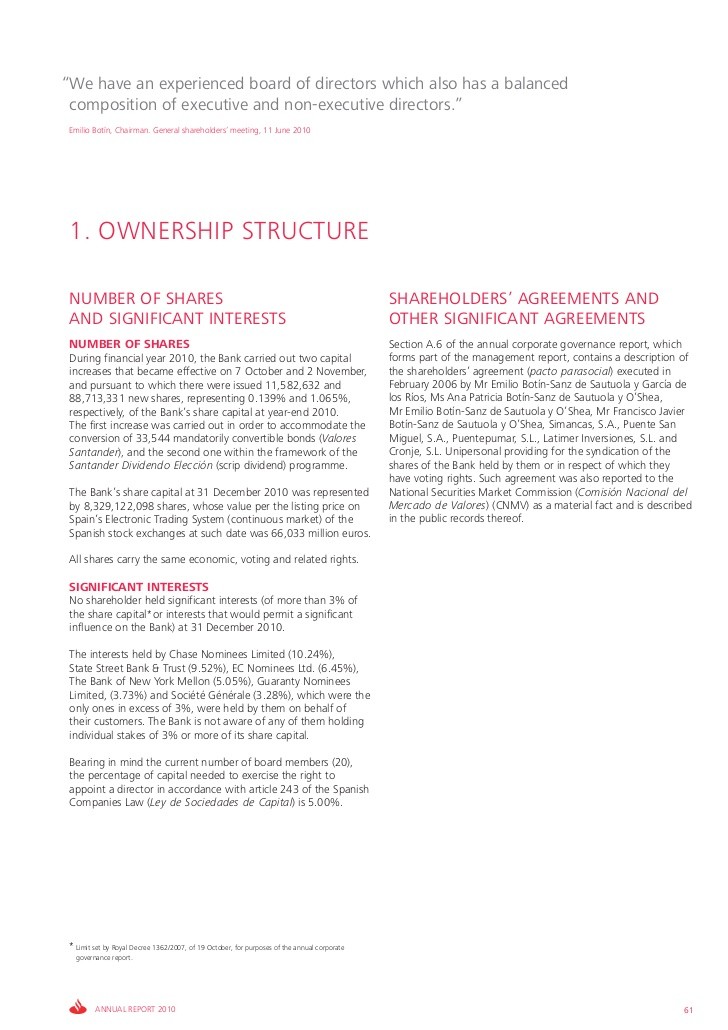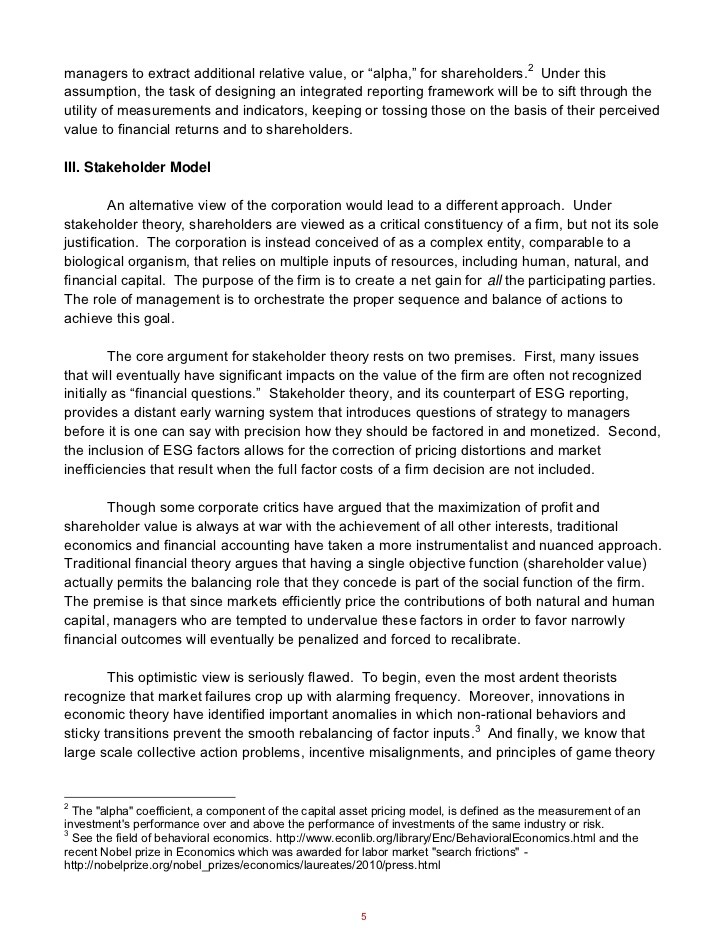UPDATE 1Two shareholders complain of Fidelity proxy problems
Post on: 2 Июль, 2015 No Comment

Related News
* Two fund shareholders say proxy firm discouraged vote
* Human rights fund vote meeting set for Friday
* Fidelity says number of complaints negligible
(Adds detail, quote)
BOSTON, Aug 13 (Reuters) — Representatives of mutual fund giant Fidelity Investments tried to impede two shareholders from voting against the company’s board in a proxy contest over a human rights issue, the shareholders said.
Shareholders of nine funds will vote on Friday on a resolution urging Fidelity to bar holdings in companies that contribute to genocide or crimes against humanity.
The measure, which Fidelity’s fund board opposes, is aimed at forcing Fidelity to sell holdings in companies such as PetroChina Co Ltd ( 601857.SS ) that activists have tied to the Sudanese government, widely criticized for human rights abuses.
Only a negligible number of shareholders have complained about the voting, said a Fidelity spokesman, adding he was only aware of one other such complaint out of more than 3 million calls made.
We want shareholders to vote because we want to achieve quorum, said spokesman Vin Loporchio.
The concerns open a rare window into the process used to drum up votes for proxy contests.
Human rights activists waged similar battles this summer at Vanguard Group Inc and at other Fidelity funds, although shareholders voted down the nonbinding proposals by wide margins.
In this case, the two shareholders say they received calls from employees of Fidelity’s proxy-solicitation firm, D.F. King & Co, who made it hard for them to record their votes in favor of the proposal by phone.
THIRD WORLD VOTING
Shareholder Susan Yeon, a Cambridge, Mass. physician, said a D.F. King employee improperly made her give a verbal defense of her vote in favor of the resolution and asked her if she wanted to reverse her vote. Then the caller put her on hold twice because of technical difficulties.
It seemed to me like the voting you would have in a Third World country, said Yeon, who says she eventually cast her vote.
Another fund shareholder, Julie Juergens, an instructor at Stanford University in California, said a D.F. King employee also cited technical difficulties when she said she would vote in favor of the measure.
The process seemed as if it was designed to make it hard to vote for the human rights resolution, said Juergens, who eventually was able to vote online.

Both women contacted the proxy sponsor, Investors Against Genocide, which gave Reuters their contact information.
D.F. King’s chief executive Peter C. Harkins said the company takes votes from shareholders regardless of how they vote and referred more questions to Fidelity.
The proxy-voting process has many checks and balances such as confirming to shareholders how their vote was recorded, he said.
D.F. King has made more than 3 million ballot calls and Fidelity has received only a negligible number of complaints, said Vin Loporchio.
We’re confident the process is working as it was intended to work, he added.
Loporchio also provided a script used by D. F. King employees that the funds giant was required to file publicly with the U.S. Securities and Exchange Commission. The script does not show details of how the human rights question was described.
Proxy contests are unusual for mutual funds, but cropped up this summer after Fidelity and Vanguard scheduled meetings for unrelated administrative reasons.
Fidelity’s board opposes the human rights measures, saying its investments are legal under U.S. law and that it is obliged to seek the best returns for shareholders.
Fidelity has battled proxy contests in the past. At one point it asked the SEC for permission to omit a similar resolution from its ballot but was turned down. (Editing by Matthew Bigg )














